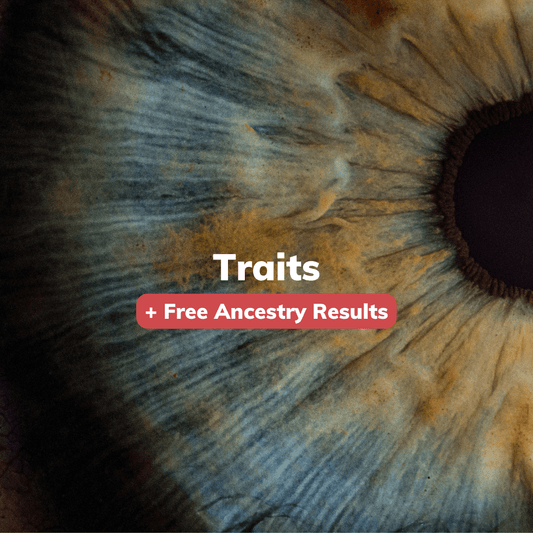
Everything you need to know about the genetic risk of obesity
Celine HaarhoffObesity is a growing concern in the modern world, with more and more people struggling to maintain a healthy weight. While there are many factors that can contribute to obesity, such as poor diet and lack of exercise, some people may be more genetically predisposed to the condition than others.
One of the most well-known genetic factors that can increase a person's risk of obesity is a variation in the FTO gene. This gene, also known as the "fat mass and obesity-associated gene," regulates the body's appetite and metabolism. When a person has a variation in the FTO gene, they are more likely to have higher body weight and a greater risk of obesity.
If you are genetically predisposed to obesity, you may have difficulty losing weight, even with diet and exercise, and a subsequent increased risk of related health conditions such as type 2 diabetes and heart disease.
If you are concerned about your risk of obesity, a genetic test can help determine whether you have genetic factors that may increase your risk. A genetic test is a simple, non-invasive procedure that involves taking a small sample of your DNA, from a saliva sample. The DNA is then analyzed in a laboratory to look for variations in certain genes associated with obesity.
A genetic test can also give you insight into your risk for other traits, such as hormone levels, that are related to weight gain and weight loss. It can also give you information about your risk for obesity-related diseases to tell you how crucial weight management is for you.
The results of a genetic test can provide valuable information that can help you and your healthcare provider develop a personalized plan to manage your weight and reduce your risk of obesity-related health problems. Knowing your genetic risk for obesity can also help you make informed decisions about your health.
For example, if you know you have a higher risk of obesity due to genetics, you may be more motivated to make lifestyle changes and maintain a healthy weight. And suppose you are already living with obesity. In that case, a genetic test can provide valuable information to help you and your healthcare provider develop a personalized treatment plan to manage your condition.
Obesity is a complex condition that various factors, including genetics, can influence. If your genes are against you what your weight is concerned, it means you may need to employ more severe lifestyle changes to manage your weight. Understanding your genetic makeup can help you make sense of a lot about yourself!


